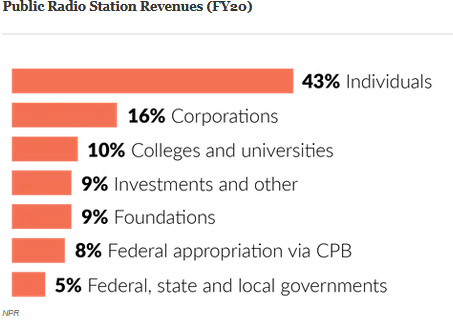A couple of teachers had the impudence to demur from compulsory “antiracism training” imposed by their Springfield Public Schools district managers.
In response, US District Judge Douglas Harpool, of the Western District of Missouri, not only ruled against the teachers, he ordered them to pay $313,000 in legal costs for bothering the district, and he did this cavalierly disregarding their arguments and issuing his ruling via summary judgment—which means the court—Harpool—never really took the case up, or took it seriously. He wrote in pertinent part, as summarized by Just the News:
They have not provided evidence they were compelled to “speak favorably” about the district’s message or “somehow affiliate or associate” with that message, as evidenced by Lumley’s allegation that “her own coworkers berated her during training” for disagreeing, Harpool wrote.” about the district’s message or “somehow affiliate or associate” with that message, as evidenced by Lumley’s allegation that “her own coworkers berated her during training” for disagreeing, Harpool wrote.
Never mind that the very parts that Harpool cited demonstrates the compulsory nature of the requirement not to speak unfavorably about the district’s “message” and not to remain unaffiliated or unassociated with the district’s “message.” That pressure to not be unaligned or to not speak unfavorably is exactly the compulsion to speak favorably and to align. The fact that the beratement went unchallenged by the program’s instructors or the district’s managers further emphasizes the compulsory nature of the district’s “message.”
This is a Federal judge who needs to be removed from the bench forthwith. He has shown himself not just incapable of, but openly refusing to, adjudicating a case objectively and on the basis of the facts and statute(s) presented. Instead, Harpool reigns over his court on the basis of his personal agenda.
Harpool’s ruling can be read here.

